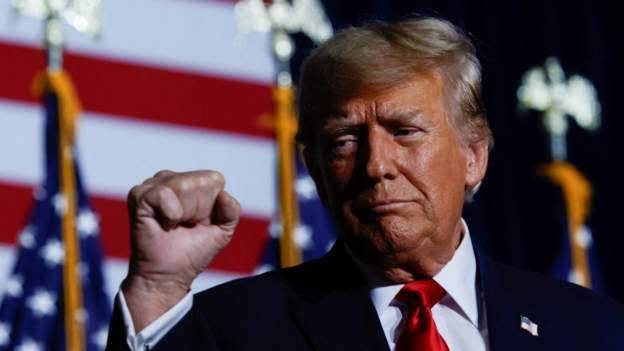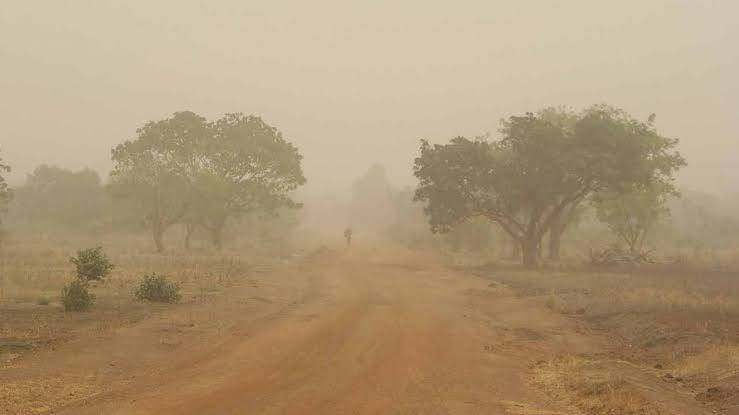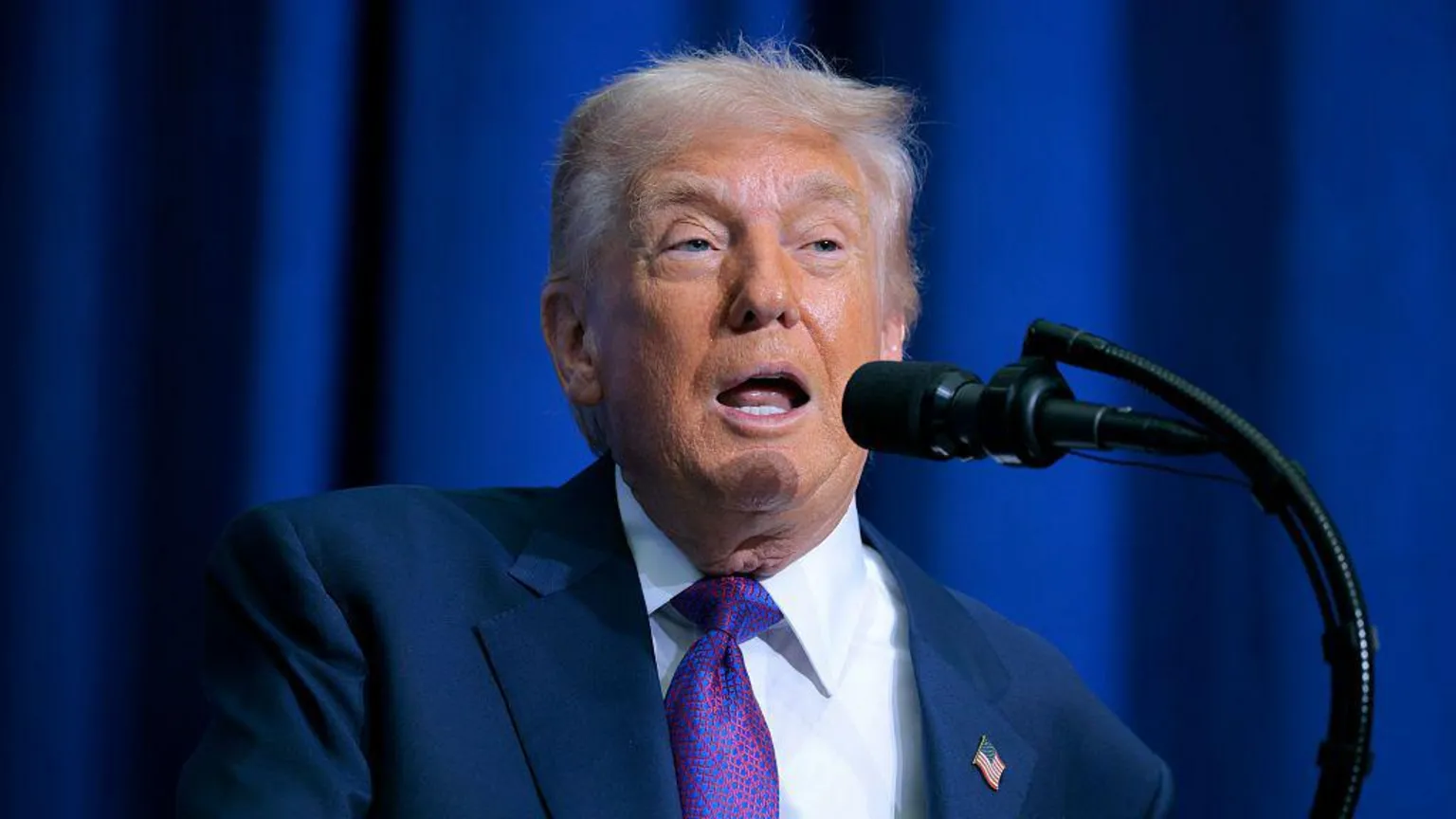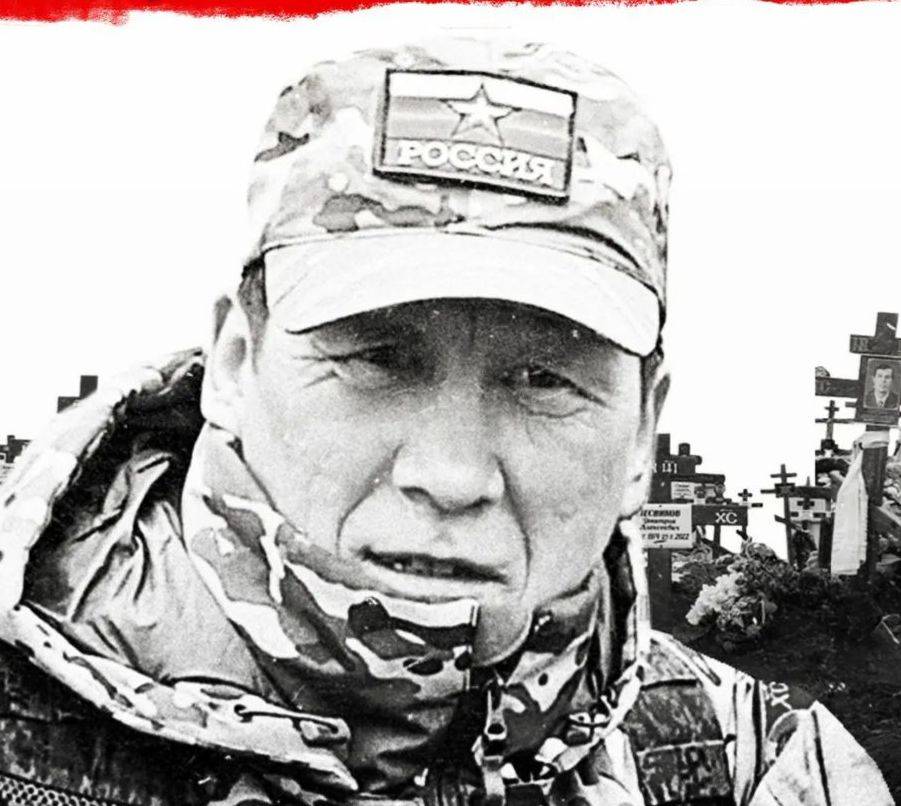The year is 2025, yet many American politicians still behave as though the world is frozen in the post–World War II and Cold War era, when the myth of U.S. exceptionalism held strong influence across Africa. Today’s global order has shifted, but Washington’s tone toward Africa remains trapped in an age of threats, lectures, and unchecked arrogance. The result? The United States is losing ground on a continent that now demands respect, partnership, and dignity—not paternalism.
Over the years, African leaders and citizens have grown increasingly disillusioned with how U.S. officials speak about them. From the infamous “shithole countries” remarks—echoed repeatedly by American politicians who mirror Donald Trump’s style—to the persistent framing of African states as helpless dependents, Washington’s posture feels outdated. As an African saying goes: If you are not feeding me, and I have never begged you to feed me, telling me you are richer than I am is useless information.
Africa of 2025 is not the Africa of the past. Gone are the days when leaders trooped to Washington “cap in hand” in pursuit of crumbs. Economically, geopolitically, and demographically, the continent has become a fiercely competitive space—and the numbers tell the story.
China has firmly established itself as Africa’s largest source of imports. As of 2025, 34 of Africa’s 54 countries list China as their top import partner, reflecting Beijing’s broad export and developmental presence—from giant infrastructure projects and mining ventures to machinery, chemicals, and everyday consumer goods. It is a full-spectrum relationship built on convenience, speed, and mutual economic benefit.
On the export side, resource-rich African nations increasingly look to the UAE and China. The UAE, now a major importer of African gold, has aggressively expanded diplomatic and commercial ties across the continent. China remains one of the largest buyers of African crude oil. The U.S., meanwhile, trails far behind.
The Trump administration, which returned to power in January 2025, aims to secure “advantageous” trade deals through tariffs and tougher rules. But such measures threaten key African economies that depend on the African Growth and Opportunity Act (AGOA). Countries like Ethiopia, Madagascar, Kenya, and Eswatini—whose textile and apparel sectors are built around U.S. markets—face serious economic shocks if AGOA is abolished or tariffs increased.
Instead of strengthening partnerships, Washington appears intent on signaling dominance. Africa is responding by diversifying—and choosing partners who treat them as equals.
What Africans want is simple: respect. Not lectures. Not threats. And certainly not condescending conditions masquerading as “assistance.”
China’s model—while not perfect—offers lessons. Beijing does not visit Africa to scold governments over known problems; it comes to negotiate railways, ports, power plants, and industrial parks. It may all be business, but it is business wrapped in dignity. China does not insist that Africans change their political systems, cultural identities, or ideologies before cooperation can proceed.
Contrast that with Washington’s approach.
In 2017, after years of resistance, the U.S. finally sold Nigeria the A-29 Super Tucano aircraft to fight insurgency—only after imposing strict conditions: the jets could only be used in the North-East. Nigeria paid $593 million of its own hard-earned money, yet Washington dictated how and where the aircraft could be deployed. Predictably, insurgents adapted and expanded operations into other regions. To many Nigerians, that did not feel like assistance—it felt like control.
The U.S.’s unconditional support for Israel’s devastating assault on Gaza has made Washington increasingly isolated in global opinion. African countries, which take issues of justice and human rights seriously due to their own histories, watched closely as South Africa dragged Israel before the International Court of Justice in 2024. Washington’s anger over this move marked the beginning of a strained relationship with Pretoria. Trump even revived old tropes, suddenly claiming that “white South Africans” needed protection—comments widely dismissed across the continent.
Since his first election in 2016, Donald Trump has never set foot in Africa. Yet he talks about the continent in the most degrading terms. His disdain reflects a wider problem: many U.S. policymakers still view Africa as a peripheral region deserving of sermons, not sovereignty. This is not lost on African governments, who increasingly perceive the U.S. as unreliable, disrespectful, and out of touch.
Africa is young, rising, and increasingly empowered. New partners—China, UAE, India, Turkey, Brazil, Gulf states—are courting the continent with investment, infrastructure, and flexible diplomacy. The U.S., by contrast, is clinging to outdated assumptions and moral superiority.
If Washington wants to regain influence, it must change its tone. Africans do not demand charity. They demand dignity. They demand equality. They demand genuine partnership.
Until American leaders stop speaking down to Africa and start engaging it as a global player, the United States will continue to lose ground on a continent that has clearly—and decisively—moved on.
•Olalekan Adigun is a researcher and journalist based in Abuja. He can be reached @ adgorwell@gmail.com.













